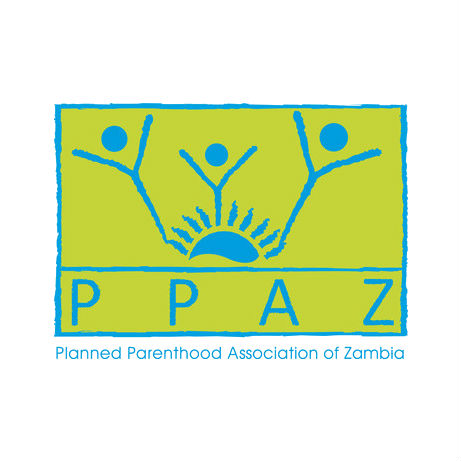

| 31 March 2016
Family Planning Association of Nepal
Established in 1959. the Family Planning Association of Nepal (FPAN) is Nepal's first national family planning service delivery and advocacy organization. It is a major collaborator of the Government of Nepal's national sexual and reproductive health (SRH) program, contributing a greater percentage of all SRH services in Nepal annually. FPAN serves Nepalese people in 44 districts, focusing on the poor, marginalized, socially excluded and underserved (PMSEU) populations, which include female sex workers, people living with HIV (PLHIV), LGBTIQ people, injecting drug users, men who have sex with men (MSM), migrant workers, people with disabilities (PWD), survivors of gender-based violence (GBV), urban slum dweller and people affected by disaster and crisis. The mission of FPAN is to "champion a volunteer movement for increased provision of SRHR to all, particularly to those most at risk, marginalized, and under-served". The planned outcomes set by FPAN for the strategic planning period (2016-2022) include: Nepal Government respects, protects and fulfil sexual and reproductive rights and gender equality; Nepalese people empowered to act freely on their sexual and reproductive health and rights; a high quality integrated sexual and reproductive health services delivered; and a high performing, accountable and strong FPAN. The success of FPAN is due to its extensive and diverse network of service delivery points, as well as its expertly trained staff and volunteers who provide services in areas where they would otherwise be unavailable. FPAN provides an Integrated Package of Essential Services (IPES), which includes sexuality counselling, contraception, including emergency contraception, safe abortion, STIS/RTIs, HIV & AIDS, obstetrics, gynecological and sexual & gender-based violence services. These services are provided across 974 service delivery points (including 270 clinical SDPs, 22 family health clinics, 56 community health clinics, 75 associate clinics, 117 mobile teams, and 794 non-clinical service delivery points). FPAN provides approximately four million SRH services each year across its service delivery points, with family planning accounting for 40%, STIs/RTIs for 14%, gynaecological services for 12%, HIV services for 10%, and other services accounting for the remaining 24%. FPAN has eight clinical training centres that are connected to its family health clinics, which provide full range of family planning and reproductive health services. The training centres are accredited by the National Health Training Centre, (MoHP). These centres provide a variety of family planning and sexual and reproductive health training to health care providers from FPAN, government, and non-governmental organizations (NGO) health facilities.

| 31 March 2016
Planned Parenthood Association of Zambia
The Planned Parenthood Association of Zambia (PPAZ) was created in 1972. Then, it was dedicated to the promotion of family planning services. Over the years, it has evolved into a major service provider and advocacy body, with significant input into government policy on sexual and reproductive health (SRH) issues. Services offered include family planning, voluntary counselling and testing (VCT) for HIV, the treatment of sexually transmitted infections (STIs), antenatal and post-natal care, emergency contraceptive provision, laboratory tests, and screening. PPAZ refers clients on for additional services including prevention of mother-to-child transmission (PMTCT), antiretroviral treatment and home-based care. The organization operates 3 static clinics, 11 mobile units and 10 community-based services (CBSs). It has a full-time staff of 34, backed by 1,300 volunteers which include over 200 community-based distributors (CBDs) and 398 peer educators. In total, PPAZ runs 229 service points. PPAZ places a strong emphasis on HIV and AIDS prevention and treatment: as the statistics show, HIV prevalence rates are exceptionally high in Zambia. PPAZ has worked intensively on integrating gender and empowerment perspectives into HIV prevention. It has undertaken behaviour change communication projects directed at young people, both in and out of school settings, and it’s taken similar projects out to rural communities. PPAZ partners extensively with non-governmental organizations (NGOs), particularly those involved in youth and HIV and AIDS work. It receives financial support from Care international, UNICEF, the Japanese Organisation for Cooperation in Family Planning (JOICEP), Forum RFSU and IPPF’s Japan Trust Fund.







